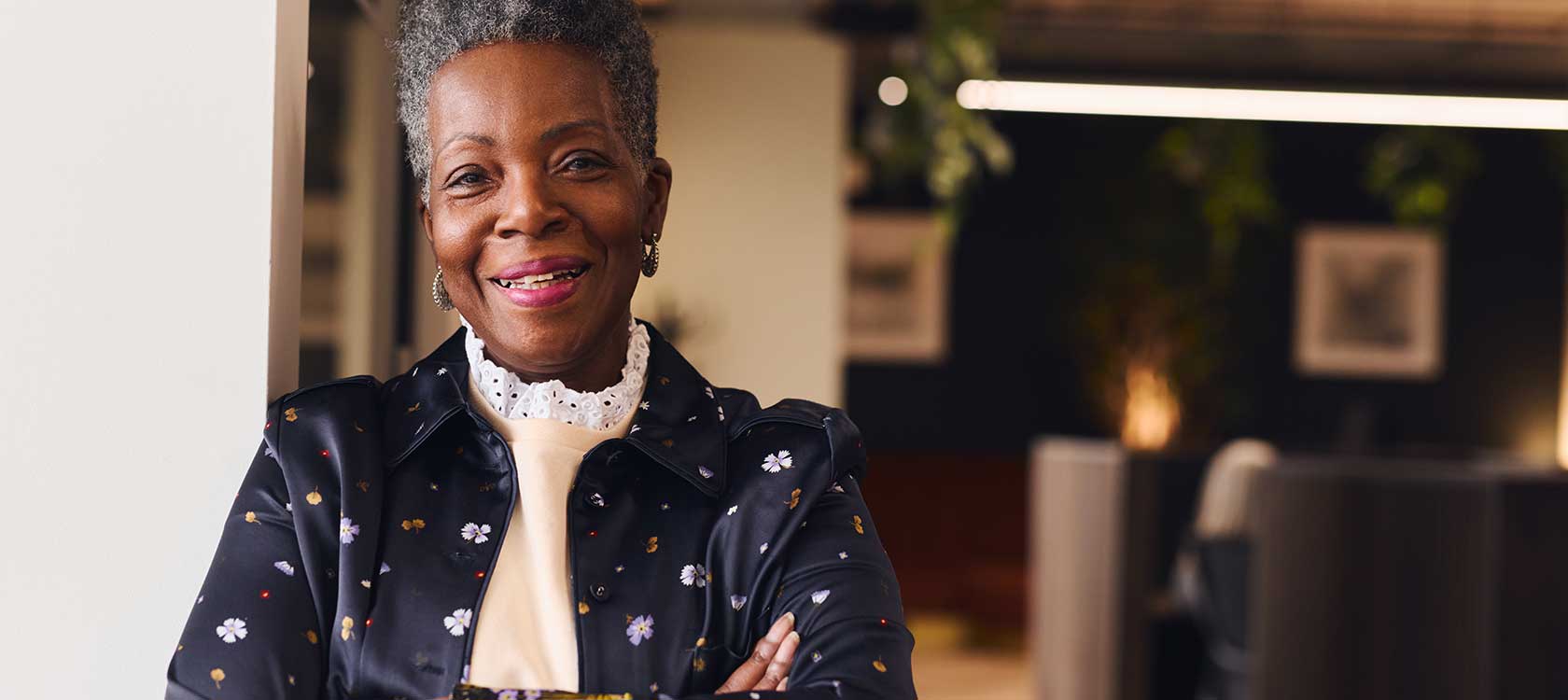
27 Dec Welcome to the 100-year life where 80 is the new 60
Posted at 09:19h
in Blog
Close your eyes and ask yourself, “How old do I feel on the inside?”
If you’re like most people past age 50, you probably feel, on average, about 20 to 30 years younger than your chronological age.
Compared to the Silent Generation, if you’re a 70-year-old college-educated female, you have had at least two careers, may or may not have had children, and are still working in some capacity in your area of expertise. Not because you need to, but because you want to. After all, 100 years is long, so retiring on a golf course for the next 30 years is probably unrealistic and undesirable for many.
And what about these labels? Greatest Generation, Silent Generation, Baby Boomers, Generation X, and so on? They’re complete fiction made up by marketers, demographers, and advertising agency professionals who like to put people into demographic buckets. These are labels that today we can simply ignore because there’s a paradigm shift underway that looks at “health span” versus “life span.” Healthspan is a much more useful approach.
The truth is, you are the age that you feel are. A healthy, vibrant 80-year-old person can be more dynamic and active than a sedentary 25-year-old with a poor diet, poor exercise habits, and no life goals. So age is not the indicator of vitality as it once was. Even if you don’t feel 30 years younger, you can decide to get there.
Dr. Becca Levy, a Yale professor and the author of “The Age Code,” a book coming out in the spring of 2023, has studied how our perceptions of aging can affect our longevity and quality of life. Her research says that a negative perception of aging can shave off, on average, 7.5 years.
Self-perceptions of stigmatized groups can influence longevity. Positive versus negative statements and mindsets about the aging process make a difference in our health, mindset, and ultimately, our longevity. The lesson to be learned here? Stop the harmful aging jokes (that includes giving or accepting those tacky birthday cards about being “over the hill”). Remember, your body is listening.
Also, consider the metaphors you use for aging and the unchallenged beliefs you may have adopted. We all know the bad ones because we’ve heard them all our lives. However, the positives are a little less known. Try these on:
- “Aging is inevitable, so I will learn how to do as best as I can.”
- “I am like a fine wine: I get better with age.”
- “Attitude matters more than age.”
- “Don’t let an ‘old person’ move into your body.”
This is not about being Pollyanna about the aging process. It is instead a simple recognition that parts of aging are voluntary and well within our sphere of influence and control. Learning is up to each of us to discover for ourselves.
Lastly, consider your community. At all ages, the peers you surround yourself with matter to your success in life. That’s because beliefs, values, attitudes, and social conformity are contagious. This is especially true in our 70s and beyond. Being part of a community that offers engaging, robust daily activities, lots of exercise opportunities, social networks, lifelong learning programs, and healthy foods will make a difference in how you show up in life. Having easy, accessible areas for walking and spending time in nature also make a difference.
River’s Edge will be a pro-aging community. Our parent organizations, the Hebrew Home at Riverdale and RiverSpring Living, have been industry innovators in helping older New Yorkers to explore better ways of aging, on their terms, for more than 105 years. River’s Edge is the pinnacle of that tradition.
Reach out to River’s Edge today and learn more about all that a Life Plan Community has to offer.
